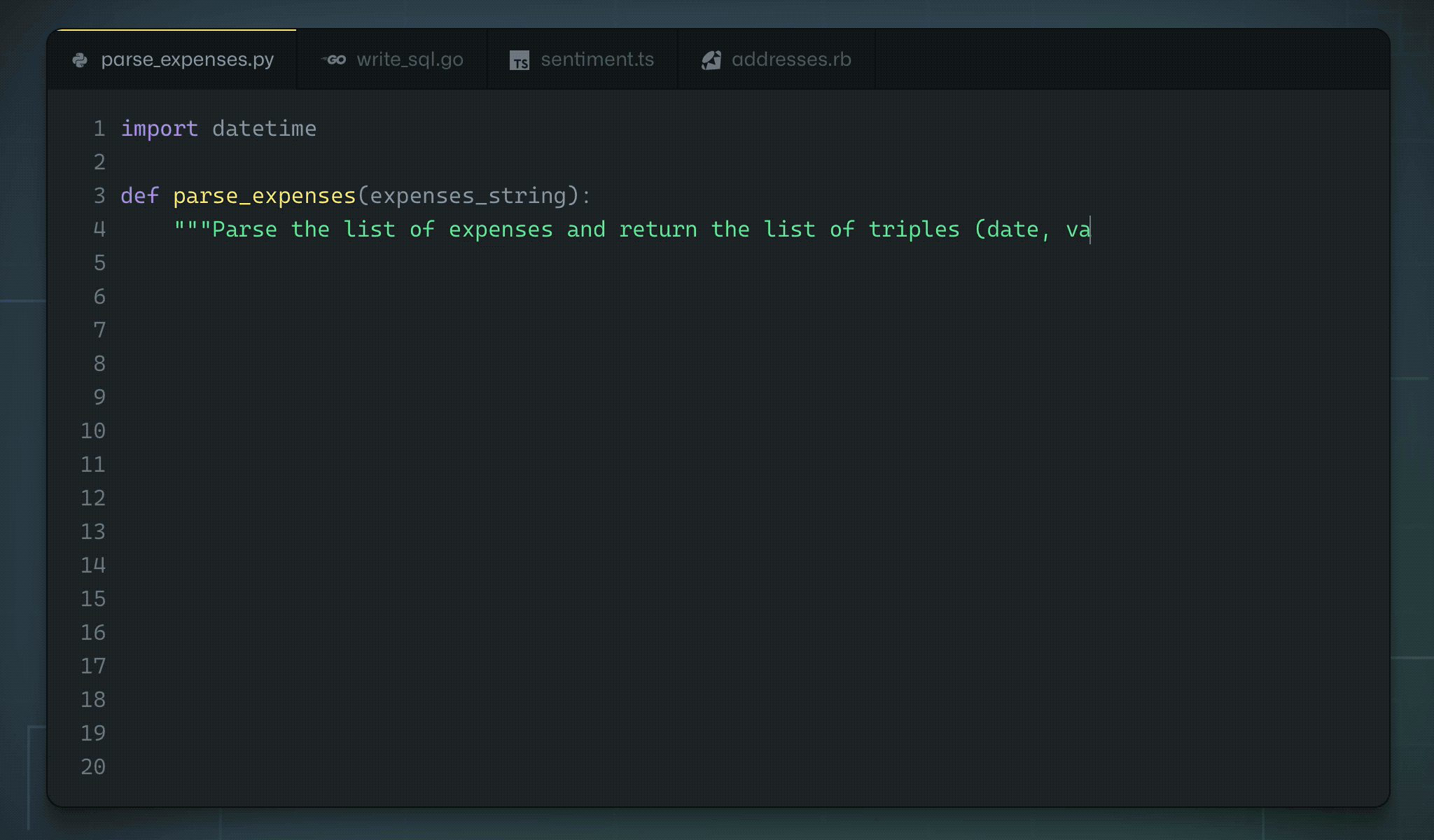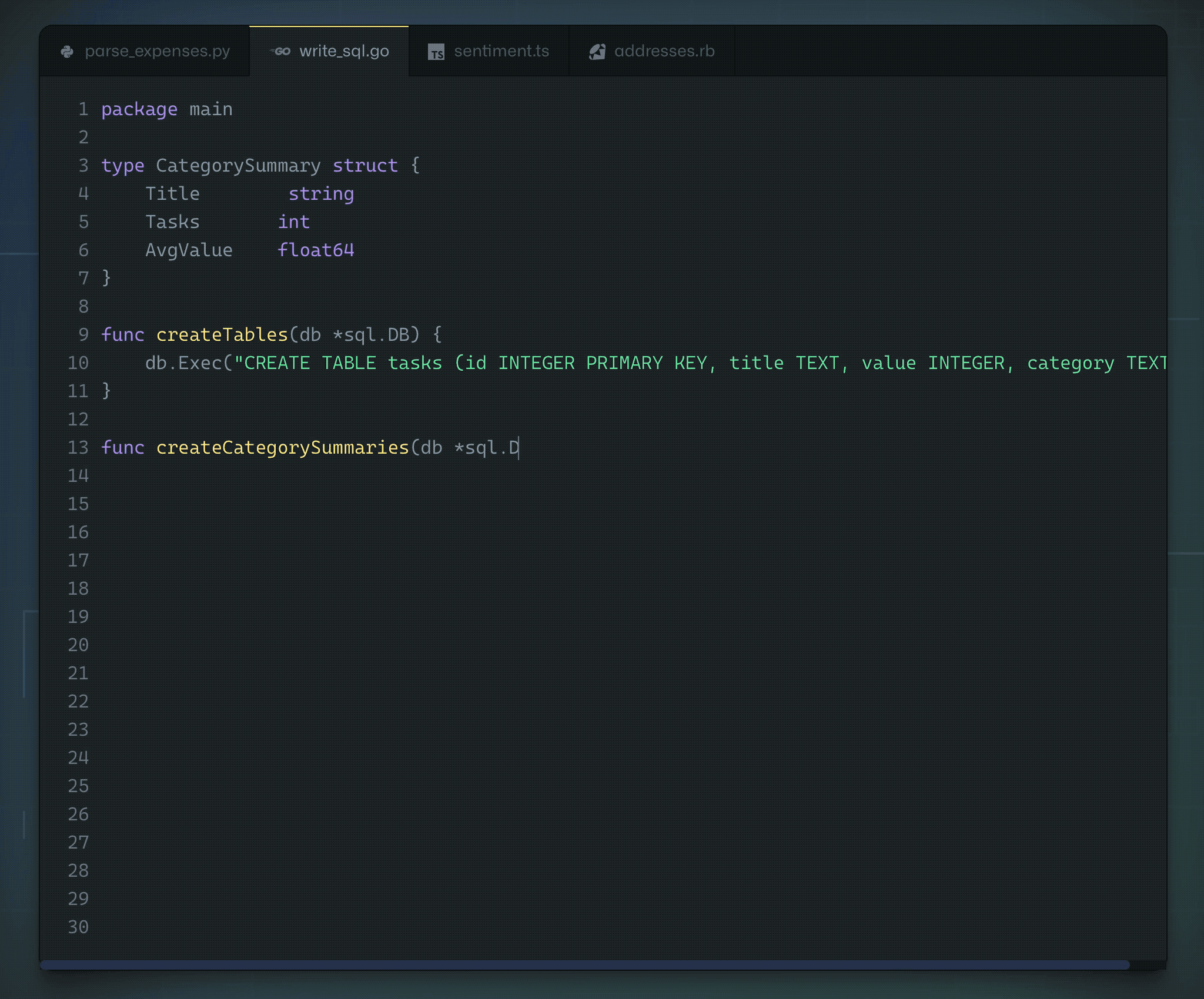GitHub previews new AI tool that makes coding suggestions
GitHub has unveiled a new product that leverages artificial intelligence to help you write code more efficiently. Named GitHub Copilot, today's new product can suggest lines of code and even sometimes entire functions.
GitHub has partnered with OpenAI to develop this tool. It doesn't replace developers, it's just a tool that should improve productivity and make it easier to learn how to code. GitHub frames this new tool as an AI pair programmer.
The model behind GitHub Copilot has been trained on billions of lines of code - many of them are hosted and available publicly on GitHub itself. When you're writing code, GitHub Copilot suggests code as you type. You can cycle through suggestions, accept or reject them.
In order to figure out what you're currently coding, GitHub Copilot tries to parse the meaning of a comment, the name of the function you are writing or the past couple of lines. The company shows a few demos on its website.

Image Credits: GitHub
In particular, you can describe a function in plain English in a comment and then convert it to actual code. If you're getting started with a new language or you've been using no-code or low-code tools in the past, that feature could be useful.
If you're writing code every day, GitHub Copilot can be used to work with a new framework or library. You don't have to read the documentation from start to finish as GitHub Copilot already knows the specific functions and features of the framework you're working with. It could also replace many Stack Overflow queries.
GitHub Copilot integrates directly with Visual Studio Code. You can install it as an extension or use it in the cloud with GitHub Codespaces. Over time, the service should improve based on how you interact with GitHub Copilot. As you accept and reject suggestions, those suggestions should get better.
Currently available as a technical preview, GitHub plans to launch a commercial product based on GitHub Copilot. It currently works best with Python, JavaScript, TypeScript, Ruby and Go.

Image Credits: GitHub